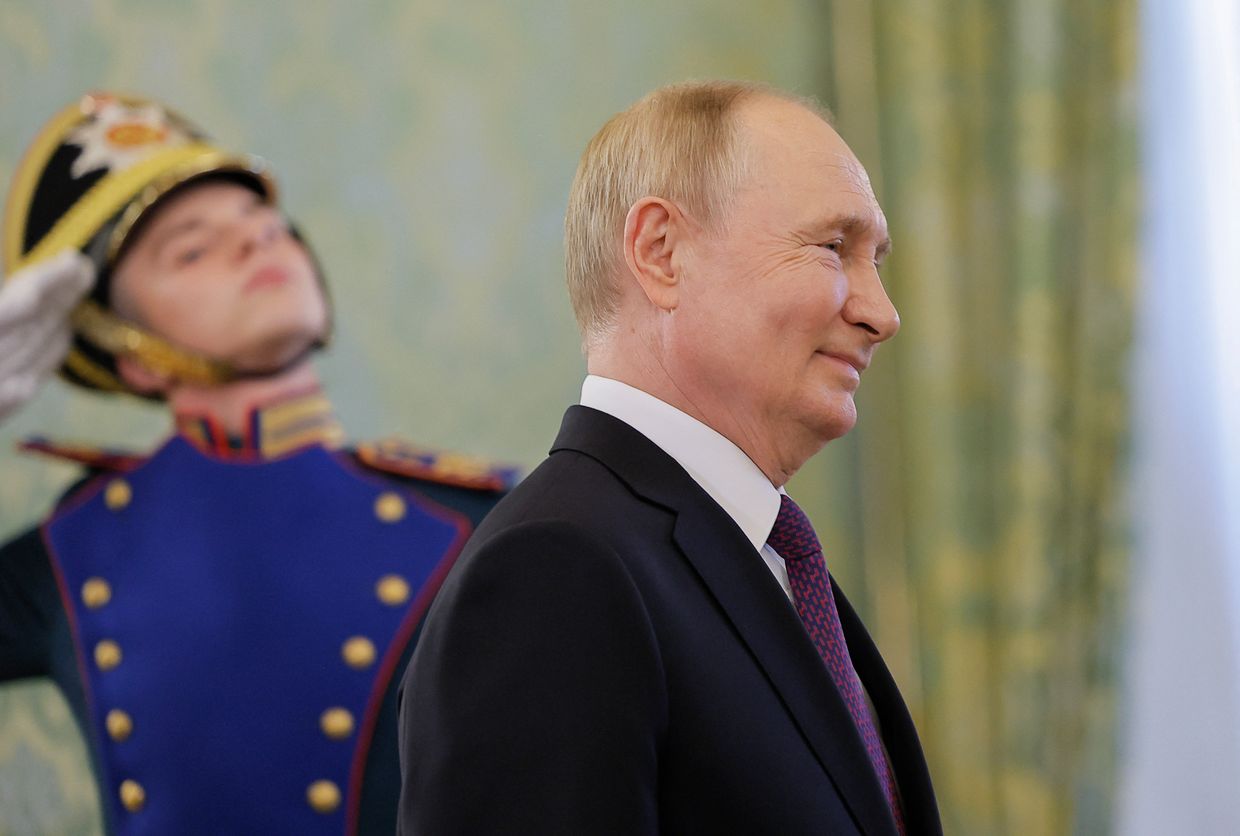Armenia suspends participation in Russian-led CSTO 'at all levels,' Armenian PM says

Armenian Prime Minister Nikol Pashinyan said on Aug. 31 during a press conference that Armenia has suspended its participation in the Collective Security Treaty Organization (CSTO) "at all levels," but that the decision could change.
"The Republic of Armenia 'has frozen' its participation in the CSTO at all levels, and at this stage, we consider this decision sufficient," Pashinyan said.
The CSTO, established in 2002, includes Russia, Armenia, Belarus, Kazakhstan, Tajikistan, and Kyrgyzstan. Russia is by far the most powerful member of the alliance.
In early 2024, Armenia threatened to leave the organization and, in May, refused to fund it despite the budget being approved last November.
"There may be a discussion, someone may say that it is enough, and someone may say that it is not enough, but here we need to look at who has what assessment powers," the prime minister also said about the decision.
Pashinyan could not name the "exact day" when Armenia would leave the organization. He said the government could reconsider the decision to suspend its membership in the future but did not see the need to do so for now.
Armenia has had a historically close relationship with Russia, especially vis-a-vis its primary regional foe Azerbaijan, and has thus largely refrained from getting involved in Russia's full-scale war against Ukraine.
The calculus changed after Russian "peacekeepers" failed to prevent Azerbaijan's offensive into the Nagorno-Karabakh region, primarily populated by ethnic Armenians, in September 2023.
Disappointed with Russia and fearing renewed hostilities with Baku, Yerevan has turned West for new partnerships.
EU ambassadors approved the launch of a visa-free dialogue with Armenia in July and, for the first time in history, agreed to allocate military aid from the European Peace Facility (EPF) to the country.













